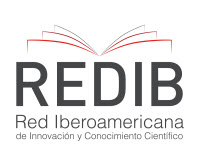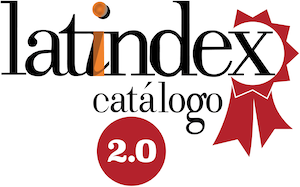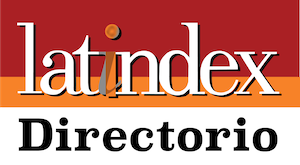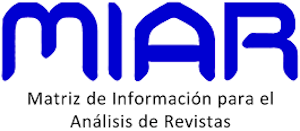Ecuador and Venezuela. The reality of people with disabilities, in period of pandemic COVID 19.
DOI:
https://doi.org/10.32645/13906925.983Keywords:
law, health, pandemic, occupational healthAbstract
The problem or object of study in the article is the state of the right to health of people with disabilities, when the planet feels the COVID 19 pandemic produced by coronavirus. The objective is to compare the situation of the right to health of people with disabilities in the Ecuadorian and Venezuelan realities. One of the rights cited in the Universal Declaration of Human Rights has been the right to health; analyzing the pandemic situation that is lived allows to face the situation with judgment and sensitivity for others. Certainly the population has had the need to know what lives, how to react effectively, as people with disabilities (PcDs) have faced the epidemic, as the government has supported the PCD directly because of the risk situation not only in health but in the way to cover the first two basic needs groups that are physiological and safety. The clarity and similarity of the constitutions has been demonstrated under the analysis of comparative law; While management-communication models vary, pandemic control at work so far has been done through leaders and the area of occupational safety and occupational health. Venezuela's socio-political and economic reality has led to greater consequences in the pandemic period, venezuelan brothers have walked from different borders to their country every day, due to the lack of employment caused by the disease in society.
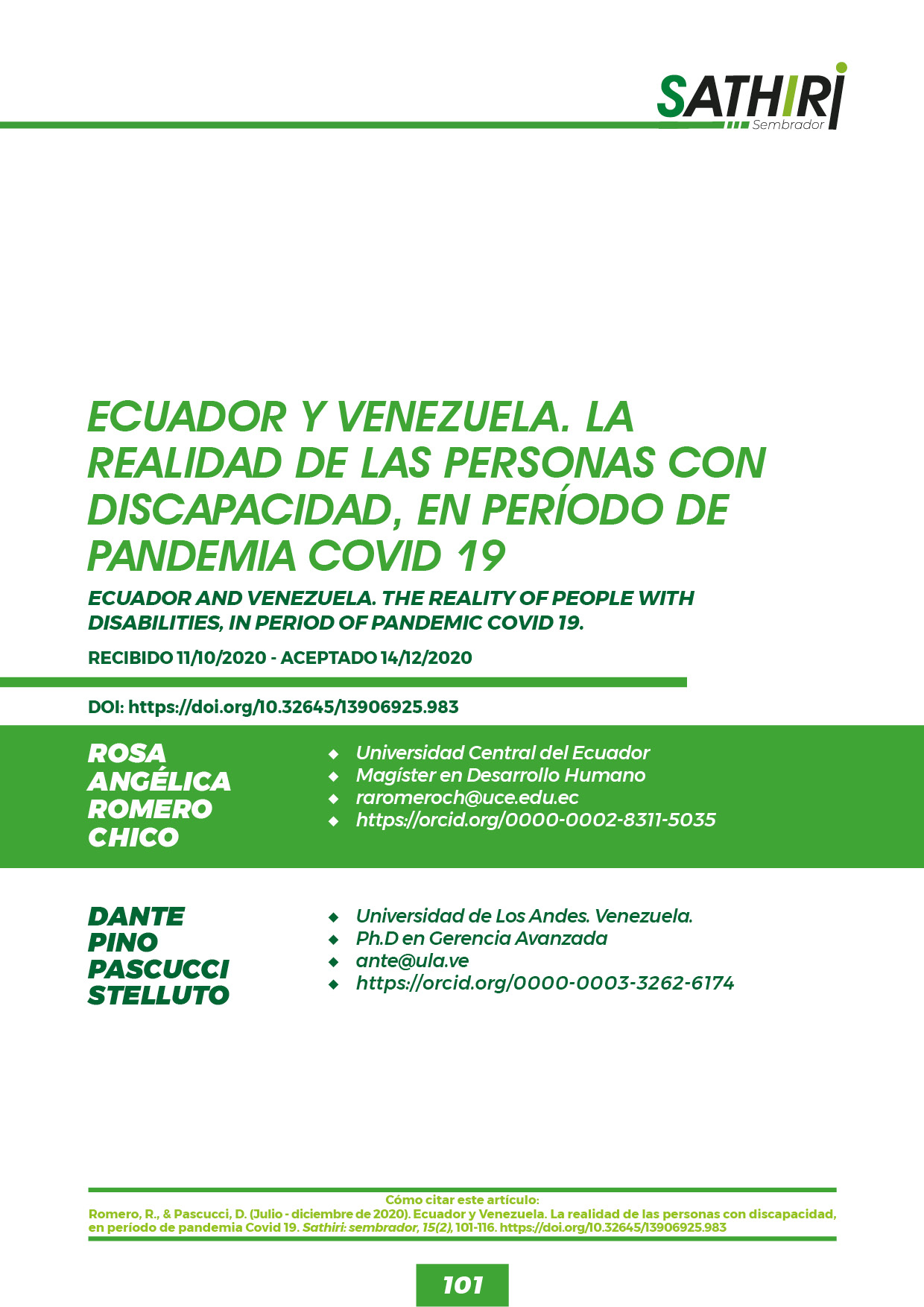
Downloads
Published
Issue
Section
License
Copyright (c) 2020 ROSA ANGÉLICA ROMERO CHICO, DANTE PINO PASCUCCI STELLUTO

This work is licensed under a Creative Commons Attribution-NonCommercial-NoDerivatives 4.0 International License.
El autor mantiene los derechos morales e intelectuales de su obra, autorizando a la editorial de la revista Sathiri la difusión y divulgación de su contenido con fines estrictamente académicos y de investigación, sin fines de lucro. Así mismo, se autoriza que la obra sea descargada y compartida con otras personas, siempre y cuando no sea alterada y se reconozca su autoria.






